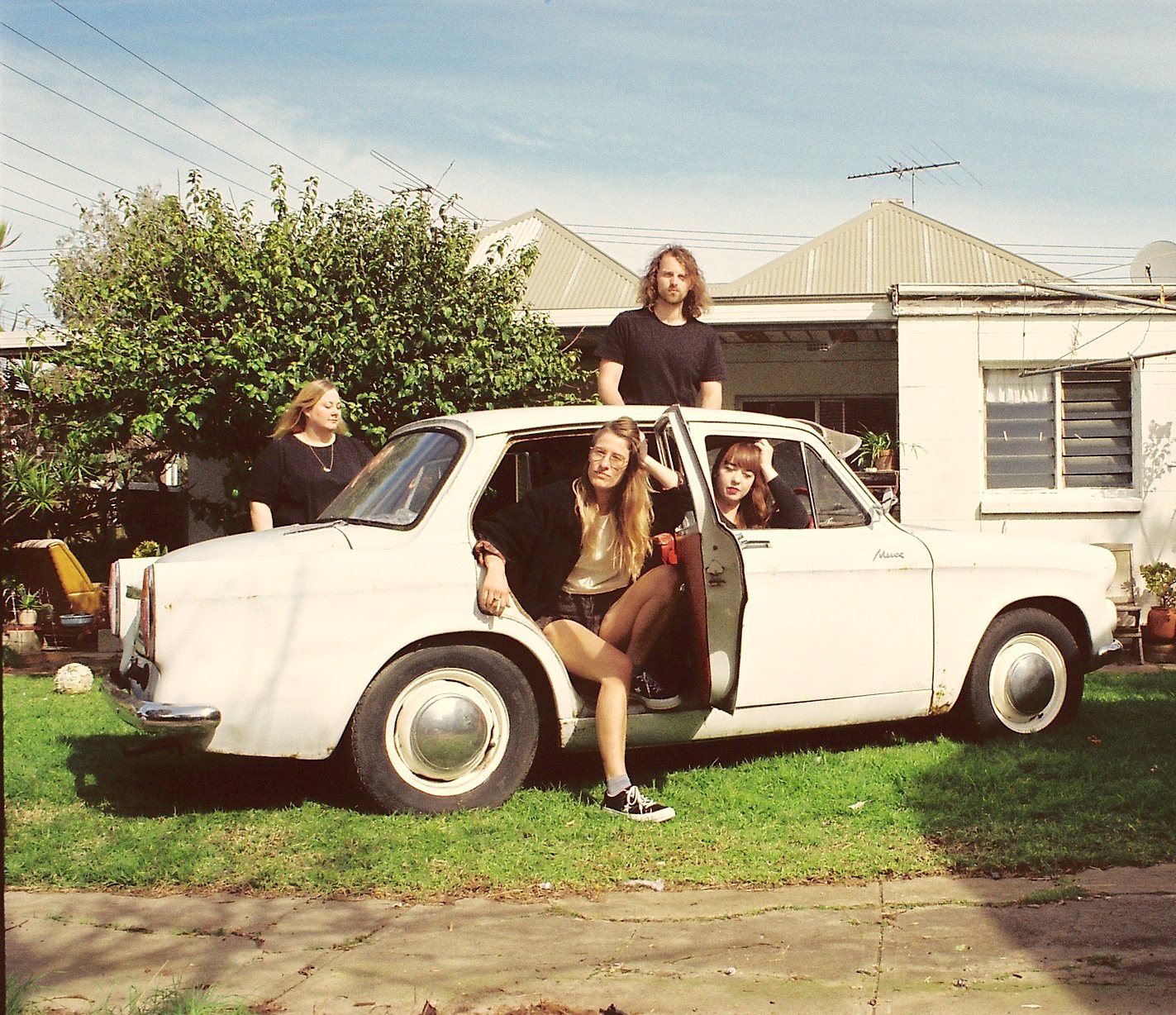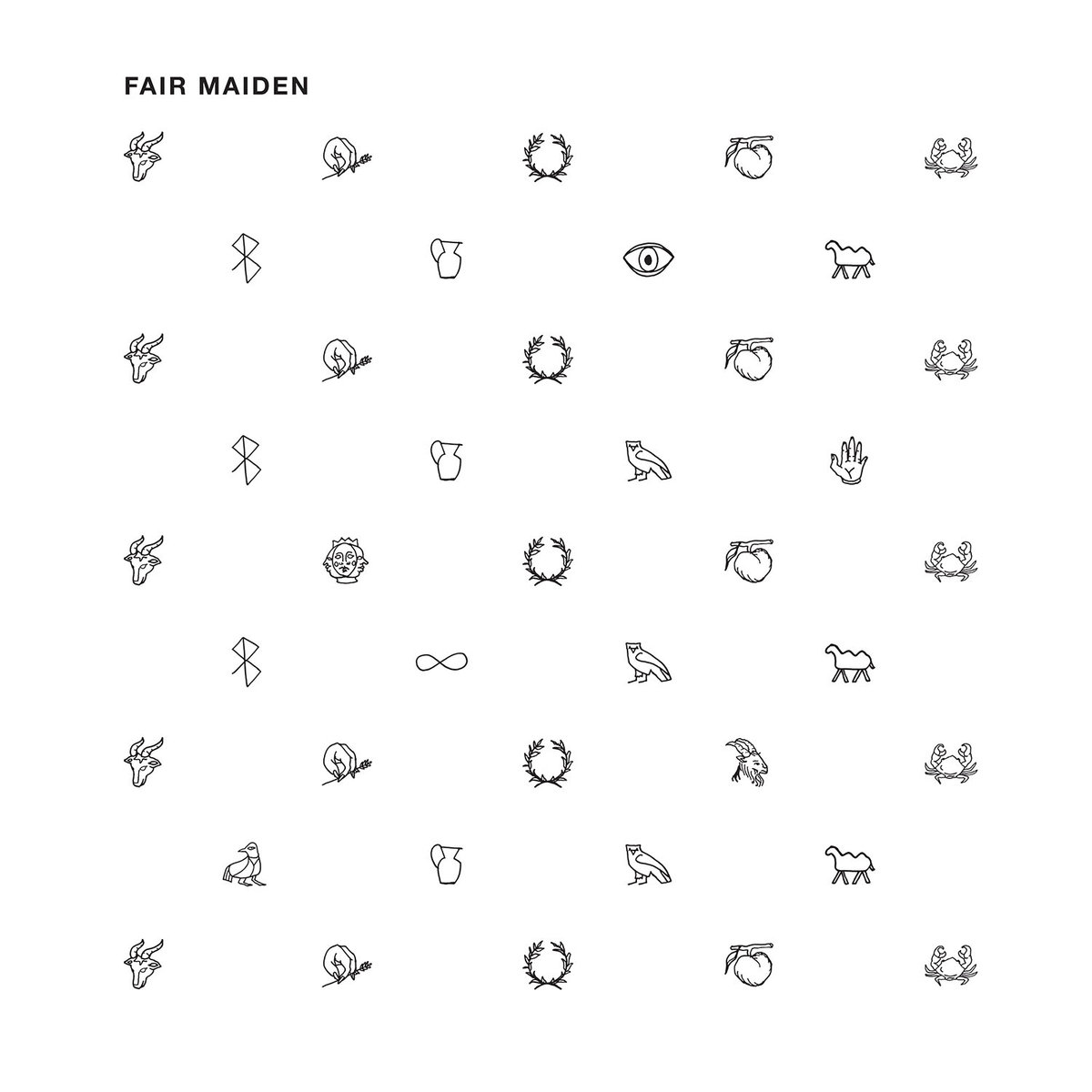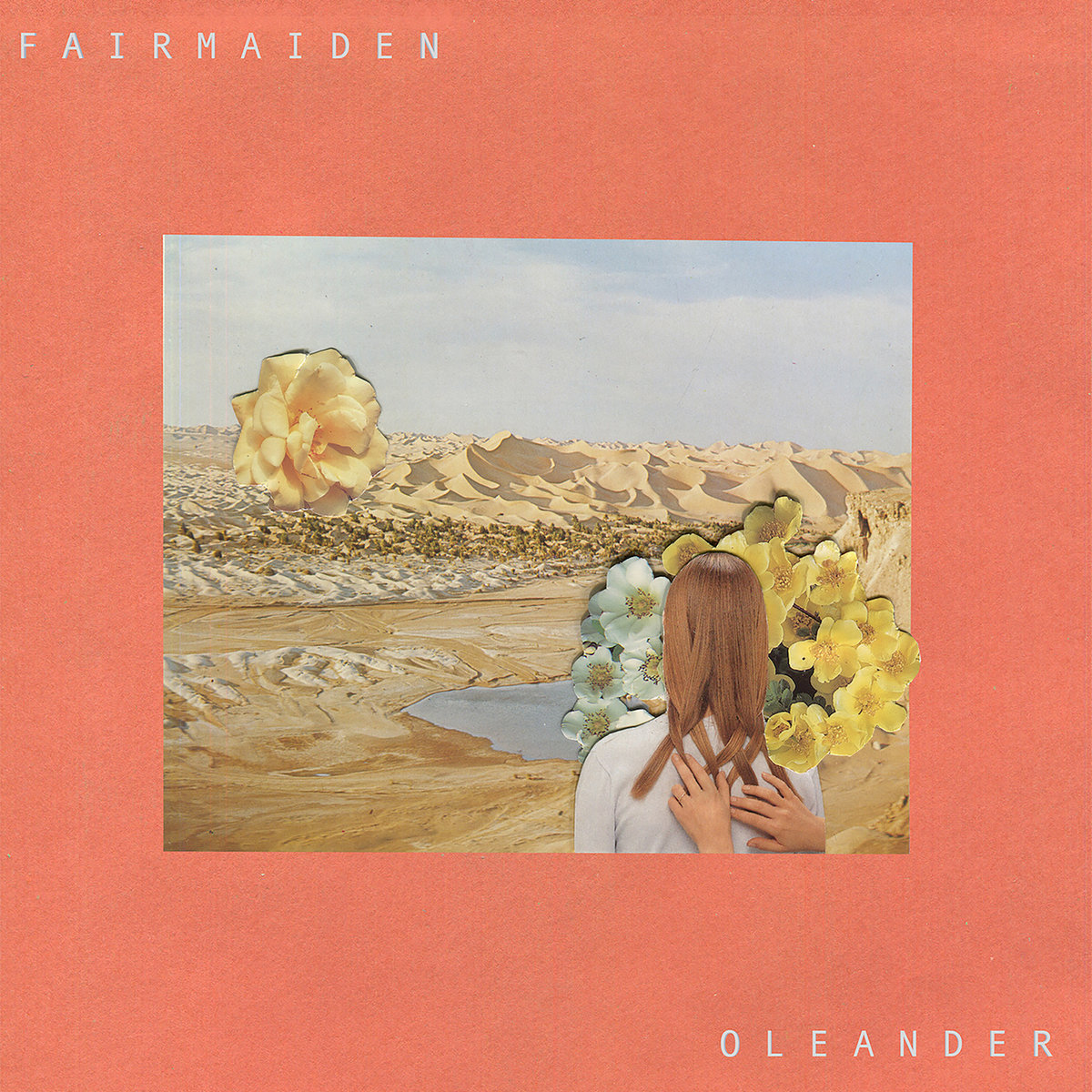“I think Oleander really speaks on the growth we’ve all experienced together both personally and in the band,” Carey tells The Adelaide Review. “We took more risks and allowed ourselves to be quite raw and unreserved when writing and recording.” To record Oleander, the band decamped to a deconsecrated Baptist church in Prospect, complete with adult-sized baptismal bath. “This space was once a functioning church, so it was perfect for our aesthetic from the very beginning,” Carey says.
That aesthetic is fully on display on tracks like Willow and Under Legs, as Carey’s vibrato-rich vocals encircle the listener to the ominous thump of a floor tom, like the soundtrack to an unusually hip renaissance fair. Through it all though, there’s a spooky sense of foreboding – the nagging suspicion that for all the colourful dancing around the maypole, occasionally someone gets sacrificed in a giant wicker man.
Carey, a veteran of Adelaide groups including Clue to Kalo and Birth Glow, recorded the first, self-titled Fair Maiden album before the current live lineup had settled with Steph Crase, Hamish Baird and Harriet Fraser-Barbour. By contrast Oleander is in every sense a band record, from the opening four-part harmonies of By Your Side to the spooky atmospherics of Madness.
But although Oleander features many staples of the band’s live set, tracks like Not Okay and grief-themed centrepiece Joe are simply too personal for the stage. “To be honest some of these songs were straight from a non- existent diary of mine, and the thought of performing them makes me feel pretty uncomfortable. Plus what a bummer on a good night out to have a 30-something year old gal singing about depression.
“I wrote this album during a year which was filled with loss both minor and great, and where certain experiences left me completely numb and nihilistic,” she says. “I think fully accepting the truth that all good things come to an end spiralled me into a place of dangerous and dark thought. The songs are a lot more raw and mature and honest than those of the first album because of it, that’s for sure.”
Carey’s lyrics aren’t the tired references to ‘home’ or ‘being at sea’ crooned by bearded, banjo-toting folk revivalists. Instead she digs deeper into at-times macabre imagery, singing of “stones and curses, hear the trumpets, chimes and banquets, murder from a cold fist” on Madness. Or, as on Fire and Blood, flipping the trope of our cultural fixation on ‘dead girls’ like Laura Palmer, as Carey asks to “Cover me in ice and glass, hurt me slowly kill me fast, lay my body on the grass”.

“Gosh this is where I get exposed for not being super on trend academically or cool,” she laughs. “My influences change all the time and I’m constantly getting inspired by many things. At the core however, would be hymns (I grew up in a religious family), nursery rhymes, folklore, poetry and dreams.
“I have always found utilising any kind of creative input to be my psychological saviour,” she says. “All the songs are written from direct experiences or dreams, so it’s very cathartic to be able to properly release them every time we perform.”
 Fair Maiden (2014)
Fair Maiden (2014)
 Oleander (2019)
Oleander (2019)
But, occasionally, a line emerges from all the precise alliteration and evocative motifs that is startling in its simplicity, like “Tell me a story, I feel so unimportant” on Willow. “That song if you analyse it I suppose is about intense energy and depression engulfing you in one minute, and in the other just simply being bored and needy,” she says. “Like you’re having a wild fit exclaiming how hellish and cruel this world is, [and] all the while the person next to you is just reading the paper.
“The line is inspired from my childhood and the feeling of comfort I would get when my parents read to me: tell me a story so far from the reality in my mind and soothe me back into a state of calm safety.”
Perhaps that holds the key to Fair Maiden’s power: they have plenty of stories.
Oleander is out now via Our Golden Friend
Get the latest from The Adelaide Review in your inbox
Get the latest from The Adelaide Review in your inbox